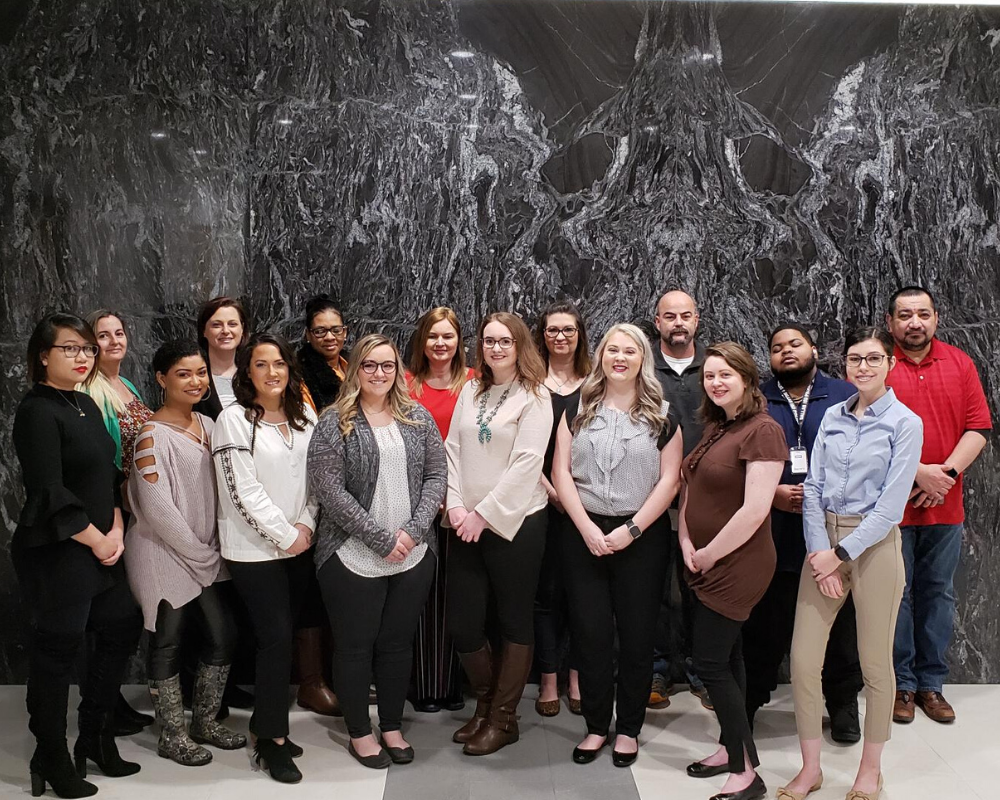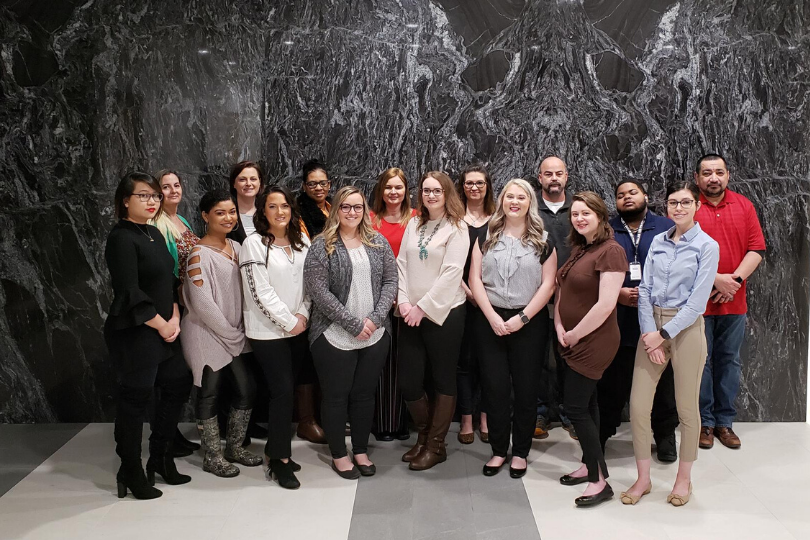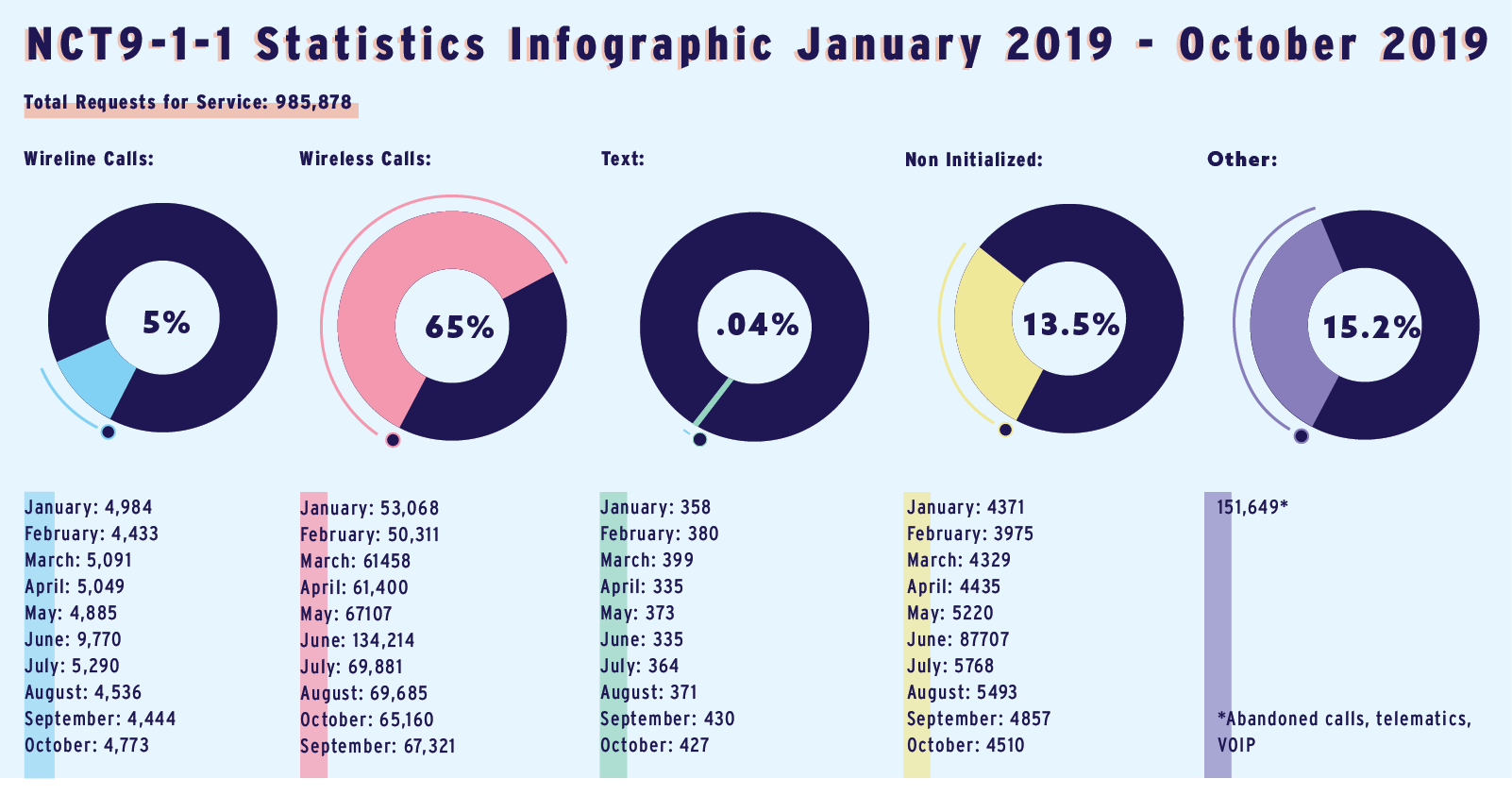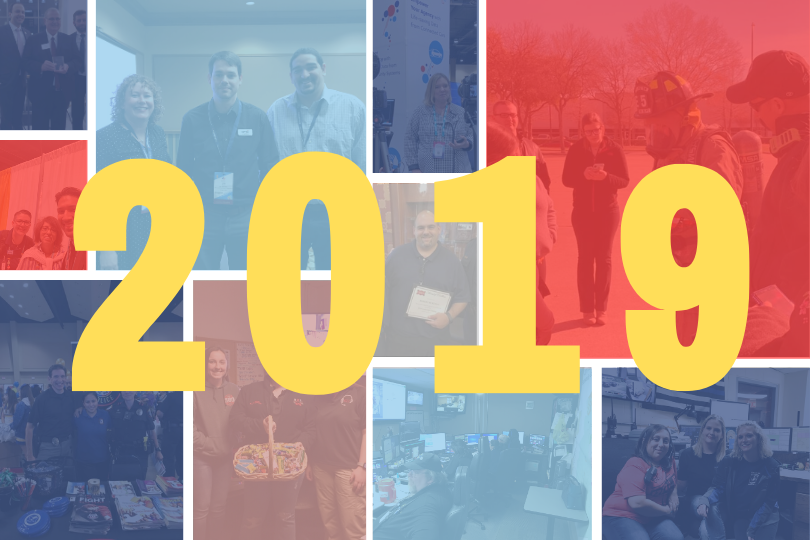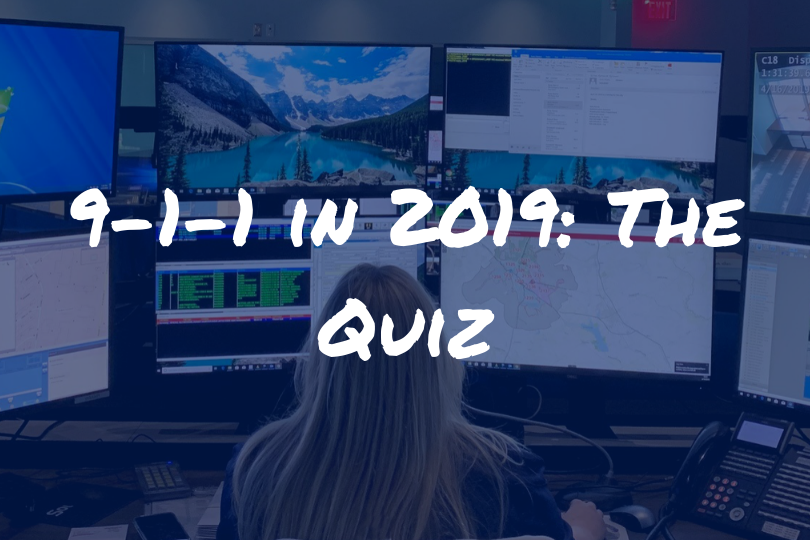It’s that time of year again when we reflect on the previous year, contemplate lessons learned, and begin planning for the new year ahead. Last year I identified “unstoppable” as the word for 2019. All in all, I think that has been accurate. December 3rd marked the first anniversary of the North Central Texas Emergency Communications District or NCT9-1-1. Due to this transition and starting a new district without cash reserves, our biggest challenges in 2019 centered around funding. But being unstoppable, this did not hamper productivity and accomplishments.
During our first year as a district, a Board of Managers was created, a Strategic Advisory Committee was appointed, and the district joined and participated in the Texas 9-1-1 Alliance. NCT9-1-1 hosted Regional Telecommunicator Academy classes #007 and #008, added Lifecare EMS in Parker County as a secondary PSAP, and completed implementation of a SD WAN solution for network diversity and dynamic routing.
The GIS team completed the transition from EGDMS to the newly created Regional GIS Data Quality Control process and implemented a new county disbursement model, the technology team replaced Uninterrupted Power Sources (UPS) at 35 sites and completed the microwave network, and the strategic services team executed new Interlocal Agreements for all PSAPs. The operations team completed a quality assurance resource document and the data team conducted Real Time Text (RTT) research, testing, outreach, and training. The support team worked behind the scenes and assisted in many of the completed projects.
NCT9-1-1 focused on PSAP engagement this year. Regular efforts ensured PSAPs have greater awareness and more communications. The staff brought in companies to talk about new technologies, hosted PSAP focus groups on relevant issues, and included PSAP feedback in product development and implementation. A Generational Advisory Board was created this year in an effort to create a culture that will attract Millennials and Gen Z to our workforce and assist in retaining current employees. This concept has been well-received, and we hope to expand the scope to PSAPs in the coming years.
Streaming services have not just become popular with the way we watch television, but with public safety as well. NCT9-1-1 introduced optional services for the PSAPs this year with Waze and flood warning sensors. In addition, we entered into a contract for data analytics with a company that is revolutionizing the way we have historically provided call statistics through reporting. Phase I has been completed and the PSAPs now have improved reporting with a user-friendly platform to run reports and access a dashboard of near real time information. The next phase will allow us to bring in the health of all our systems.
Perhaps the greatest thing to happen to 9-1-1 in Texas in 2019 was the passing of House Bill 1090, which reclassified telecommunicators from clerical workers to first responders. This was the culmination of a long effort to give telecommunicators the recognition they deserve. NCT9-1-1 celebrated with our PSAPs by hosting a Commencement Ceremony.
On a national level, NCT9-1-1 continued to coordinate the Early Adopter Summit with the third annual event held in South Carolina. This effort brings together early adopters in the 9-1-1 space and innovative companies throughout the country to collaborate and plan for the future. It was the largest event to date and was considered a great success. Special thanks to the NCT9-1-1 planning team!
The FCC issued a report detailing the cause and impact of a nationwide CenturyLink outage that disrupted 911 service for approximately 17 million Americans in December 2018. The report, issued after a thorough investigation in which NCT9-1-1 participated, outlined lessons learned from the incident and identified network reliability best practices that could have prevented or mitigated the effects of the outage. The FCC continues to stress the importance of reliability and works to ensure that our nation’s communications networks remain robust, reliable, and resilient.
The FCC also adopted rules that will help first responders locate people who call 9-1-1 from wireless phones in multi-story buildings, such as apartments and offices. The new rules will help emergency responders determine the floor level of a 9-1-1 caller. Specifically, wireless providers must transmit the caller’s vertical location, within three meters above or below the phone, to the 9-1-1 call center. This requirement will help emergency responders more accurately identify the floor level for most 9-1-1 calls. However, this is only the beginning. To make the data actionable, local 9-1-1 entities will need to enhance their GIS offerings and begin to implement floor plans and/or 3D mapping. This is a long road, but NCT9-1-1 has already begun planning.
The National 9-1-1 Progress Report by the National 9-1-1 Program states NG9-1-1 has now emerged as the desired level of 9-1-1 service. The NG9-1-1 Maturity Model consists of the following nine data elements: governance, routing/location, GIS, core services, ESInet, call handling, security, operations and optional interfaces. NCT9-1-1 has been focusing on all of these elements for the last several years and continues to do so.
As you can see, 2019 has been another busy and productive year for NCT9-1-1 and this region. Of course, we couldn’t do it without our partners of staff, PSAPs, elected officials, NCTCOG administration, vendors, and fellow 9-1-1 authorities. Thanks to you all for assisting us in being unstoppable!
As we change our focus to 2020, resiliency will be our word of the year. NCT9-1-1’s goal for resiliency will be achieved by being reflective, resourceful, robust, and redundant. Systems and processes will be examined in order to be efficient, inclusive, and interoperable while continuing to mitigate risks. This requires the willingness and ability to adopt alternative strategies in response to changing circumstances. NCT9-1-1 will measure success as the capacity of the district to survive, adapt, and grow, regardless of the chronic stress of the industry and the acute shocks of service interruptions and temporary financial limitations. NCT9-1-1 seeks not to just survive but to thrive regardless of the challenge. We will continue saving lives and making a difference!
